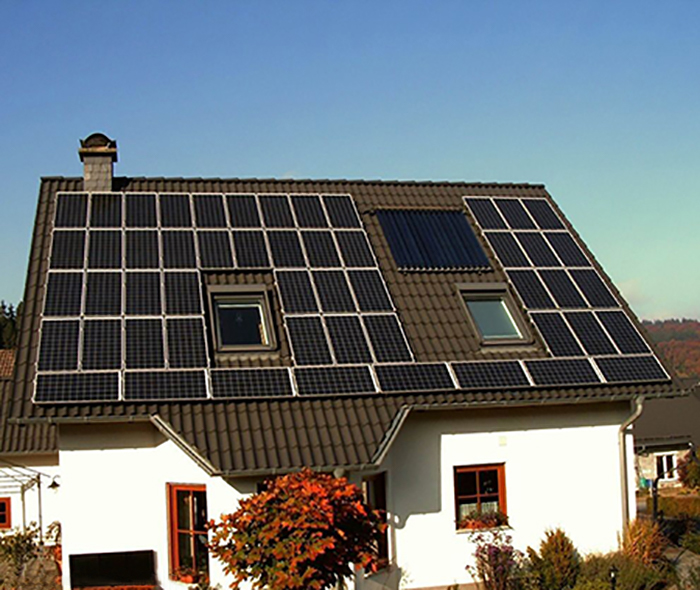Solar Energy Application
Solar energy, harnessed from the sun's
radiant light and heat, stands as a powerful and sustainable source of energy
with the potential to transform our world. Over the past few decades, solar
energy applications have experienced rapid growth and innovation, offering an
array of benefits ranging from environmental sustainability to economic
viability. In this article, we will explore the various applications of solar
energy and their potential to reshape our energy landscape.
Solar Photovoltaic (PV) Systems
Solar photovoltaic systems, commonly known
as solar panels, convert sunlight directly into electricity. This technology
has seen widespread adoption in residential, commercial, and industrial
settings. PV systems on rooftops and solar farms generate clean electricity,
reducing reliance on fossil fuels and greenhouse gas emissions. As advancements
in PV technology continue, efficiency improves and costs decrease, making solar
energy an increasingly attractive option for homeowners and businesses.
Solar Water Heating
Solar thermal systems harness sunlight to
heat water for residential and commercial use. These solar energy systems can be found in
homes, hotels, swimming pools, and industrial processes. Solar water heaters
are particularly effective in sunny regions, providing an eco-friendly
alternative to conventional electric or gas water heaters while reducing energy
bills.

Concentrated Solar Power (CSP)
Concentrated Solar Power (CSP) systems use mirrors or lenses to concentrate sunlight onto a small area, generating high temperatures that can produce steam to drive turbines and generate electricity. CSP plants can store excess heat, allowing for power generation even when the sun is not shining. This technology has the potential to provide baseload power and replace fossil fuel plants in the future.
Solar Desalination
Access to fresh water is a global challenge, and solar desalination offers a sustainable solution. Solar-powered desalination systems use the sun's energy to remove salt and impurities from seawater or brackish water, providing a source of freshwater for agriculture and drinking water. This application holds great promise for regions with limited freshwater resources.
Solar-Powered Transportation
Solar energy is finding its way into the transportation sector. Solar panels can be integrated into electric vehicles (EVs), enhancing their range and reducing charging needs. Solar-powered charging stations are also emerging, enabling EVs to be charged directly from sunlight. Additionally, solar-powered boats and airplanes are being developed, showcasing the versatility of solar energy in transportation.
Portable Solar Chargers
Portable solar chargers are becoming increasingly popular for outdoor enthusiasts, hikers, and travelers. These compact devices allow individuals to recharge their smartphones, laptops, and other electronic devices while on the go, reducing the need for traditional power sources in remote areas.
Solar-Powered Agriculture
In agriculture, solar energy can be used to power irrigation systems, reducing water and energy consumption. Solar pumps and drip irrigation systems are being deployed to enhance crop yields while minimizing environmental impact. Furthermore, solar-powered sensors and drones are aiding farmers in monitoring and managing their crops more efficiently.

Space Exploration
Solar energy plays a crucial role in space exploration. Solar panels are used to power satellites, spacecraft, and rovers, enabling them to operate in the harsh environment of space. The International Space Station (ISS) relies extensively on solar panels to generate electricity for its various systems.
Solar energy applications continue to expand and evolve, offering sustainable solutions to some of the world's most pressing challenges. From generating electricity and heating water to desalinating seawater and propelling transportation, solar energy's versatility knows no bounds. As technology advances and costs decrease, solar energy will undoubtedly play an increasingly significant role in our transition toward a cleaner and more sustainable energy future. Embracing these applications can help reduce our carbon footprint, combat climate change, and secure a brighter, greener tomorrow for generations to come.